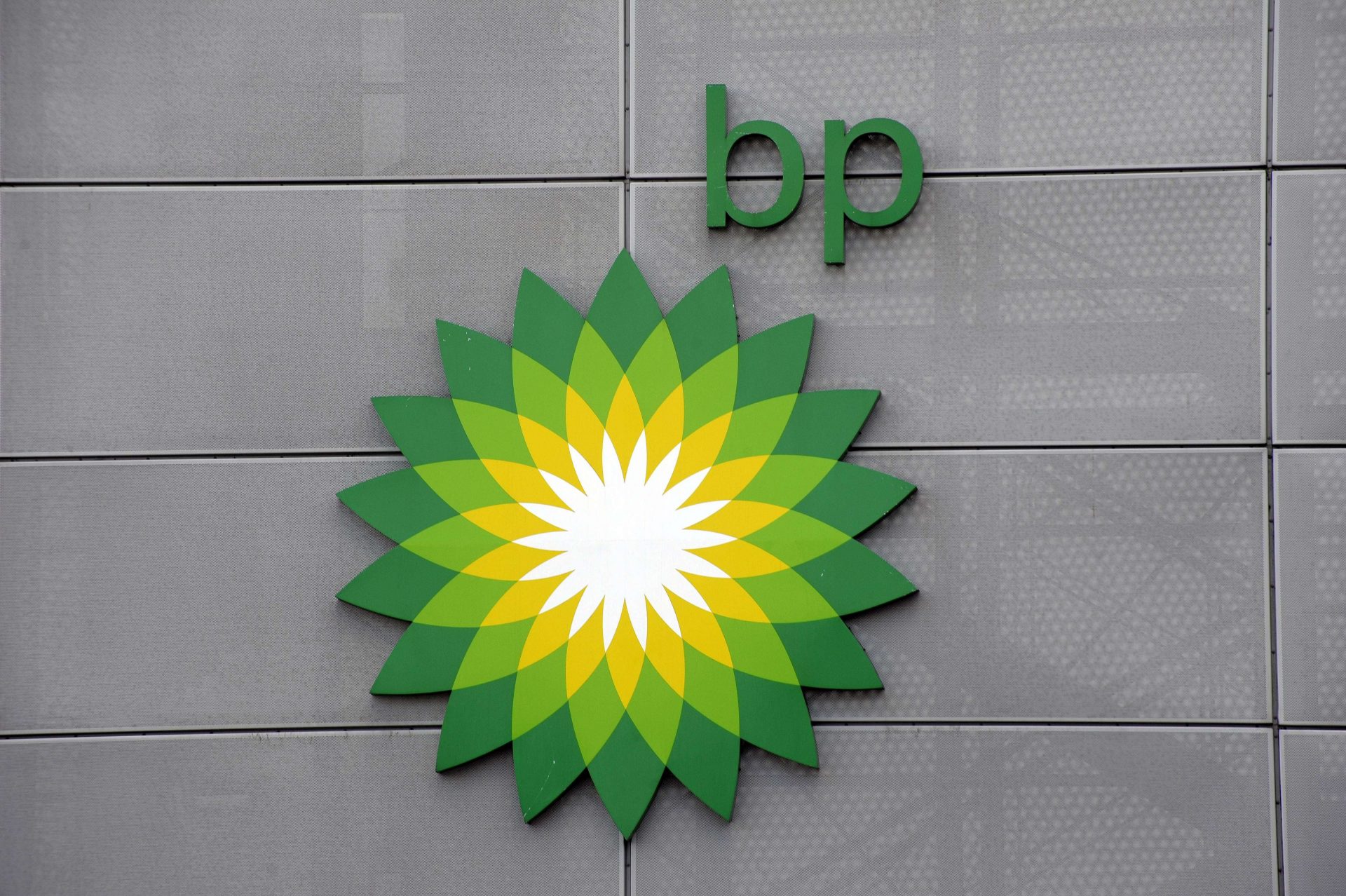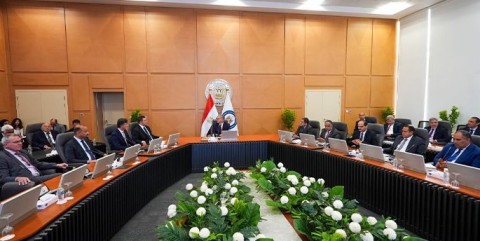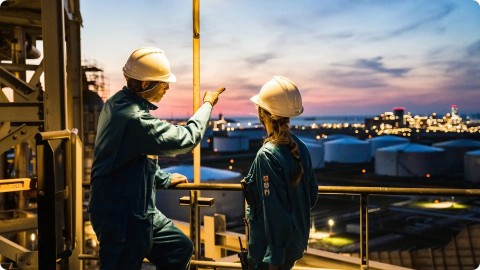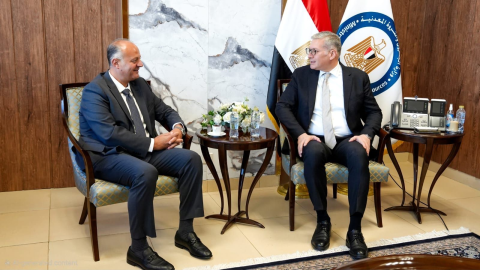The chief executive of BP expects oil prices to remain low until at least 2016 as production grows faster than demand.
Speaking at an Opec energy summit ahead of the cartel’s twice yearly production meeting on Friday, Bob Dudley told the Financial Times he expects “some softness” in prices, with the cartel sticking with its policy of trying to squeeze higher-cost producers by keeping the oil taps on.
Oil has recovered to near $65 a barrel since hitting a six-year low close to $45 a barrel in January. But prices remain well below the $100 a barrel they averaged between 2010 and 2014. The US shale revolution and lower demand growth saw Opec decide last November to let prices fall to help extend the age of oil and to shore up the group’s diminishing share of the market.
While some Opec members have voiced confidence this week that the group’s strategy is working, with demand picking up and international oil companies slashing investments, US shale output has proved more resilient than many expected. US crude oil production, which has grown by nearly 60 per cent since the start of this decade, has only just started to slow, leading to caution in the industry about the outlook for prices.
“Clearly [US shale] is not coming off as fast as some people thought,” said Mr Dudley. “So we need to be able to operate at $60-$65 a barrel.”
Shale producers have responded to the rout in prices by slashing costs and bringing down the level at which they can break even. Speaking at the same conference on Wednesday, Rex Tillerson, chairman and chief executive of ExxonMobil — the world’s largest publicly listed oil company by market value — said the US shale industry was “moving to a different place” through cost reduction initiatives.
Mr Dudley said he understood why Saudi Arabia and other Opec members decided to let prices fall, even as many international energy companies have been forced to lay off staff and mothball projects that are currently uneconomic.
“[They] are not going to shut in the lowest cost production in the world to subsidise high-cost production,” he said.
Saudi Arabia’s oil production costs are in the single-digits, though analysts estimate it requires more than $100 a barrel to meet high social spending costs. Opec members outside the wealthy Gulf states, such as Nigeria and Venezuela, have been hard hit by the drop in prices, however.
Mr Dudley said it was too early to judge if Opec’s policy has been a success because it would take several years to play out, but the market will eventually tighten.
“Globally in the industry $130bn of projects have been delayed, deferred or cancelled. That’s going to have an impact down the road,” he said.
Turning to Iran, Mr Dudley said it would be a long time before international oil companies would be able to invest and start working on new projects in the country.
Iran and western powers have been working to seal a comprehensive accord by June 30 to limit the country’s atomic programme in return for lifting international sanctions.
If sanctions are lifted Opec will also need to manage higher Iranian exports, which were curbed under sanctions. Mr Dudley estimated Iran could add 400,000 barrels a day in exports if sanctions are lifted “fairly quickly”.
Many international oil companies are keen to get access to Iran’s fields, which are among the biggest and cheapest to exploit in the world.
“We have deep roots in Iran. But it is not something we are planning on,” he said.
“The verification requirements of any deal are going to be very stringent and take a long time. So I don’t think anything will happen quickly.”
Source: Financial Times












